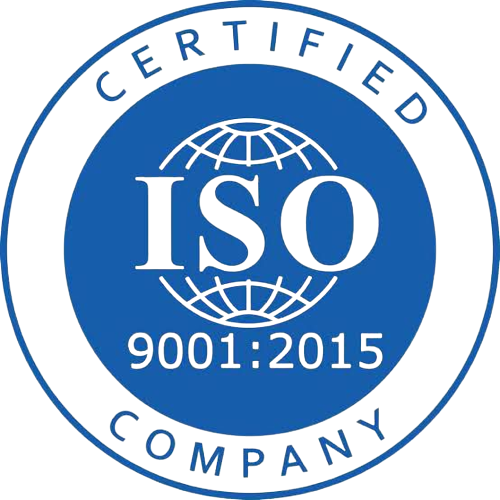Table of Contents
Introduction
In the realm of sustainable waste management, Organic Waste Converters (OWCs) have emerged as a game-changer. These innovative systems are designed to transform organic waste—such as food scraps, garden waste, and more—into valuable compost, thereby reducing the volume of waste sent to landfills and contributing to the reduction of soil, water, and air contamination. The significance of OWCs in our fight against waste cannot be overstated, and understanding their benefits and functioning is essential for communities and organizations looking to adopt greener practices.
How Organic Waste Converters Work
Organic Waste Converters operate on the principle of aerobic decomposition. By providing the right conditions (such as moisture and oxygen), these systems expedite the breakdown of organic material into compost. Some converters are designed for bulk processing, making them suitable for apartment complexes, offices, resorts, and other community institutions. Features such as internal ‘breathing towers’ ensure adequate airflow, preventing foul odors and making the composting process odor-free and hygienic.
The Benefits of Implementing OWCs
Waste Volume Reduction: OWCs significantly reduce the volume of organic waste, diverting it from landfills and decreasing the environmental impact of waste management.
Production of Valuable Compost: The end product of the composting process is nutrient-rich soil that can be used for gardening and landscaping, enhancing soil health and reducing the need for chemical fertilizers.
Sustainability: By converting waste into compost, OWCs close the loop on organic waste, contributing to a more sustainable and circular economy.
Cost-effective Waste Management: Reducing the volume of waste sent to landfills can also reduce waste management costs for communities and businesses.
Key Considerations for Implementation
For those considering implementing an Organic Waste Converter, several factors should be taken into account:
Size and Capacity: Choose a system that matches your waste output. There are models available for small-scale and large-scale needs.
Location: OWCs should be installed in areas with adequate space and ventilation, such as terraces or open spaces near buildings.
Training and Maintenance: Ensure that staff are trained in the operation and maintenance of the OWC to guarantee smooth functioning.
Conclusion
Organic Waste Converters represent a significant step forward in our quest for more sustainable waste management practices. By understanding and adopting these systems, we can significantly reduce our environmental footprint, enrich our soils, and move closer to a zero-waste lifestyle. As we continue to face the challenges of waste management, the adoption of technologies like OWCs offers a hopeful path forward, making our communities greener, cleaner, and more sustainable.
For individuals and organizations looking to make a difference, investing in an Organic Waste Converter could be the key to unlocking a host of environmental and economic benefits, paving the way for a more sustainable future.
About Excel Industries
Excel Industries, with over 40 years of expertise in waste management, has been instrumental in promoting organic waste management and composting in India. Their patented technology efficiently transforms organic waste into high-quality compost. Excel is committed to revolutionising waste management practices and contributing to a greener future.
Ready to make a difference in waste management?
Discover Excel Industries’ compost machines and embark on your journey towards a greener future.
Contact Us (CTA)


